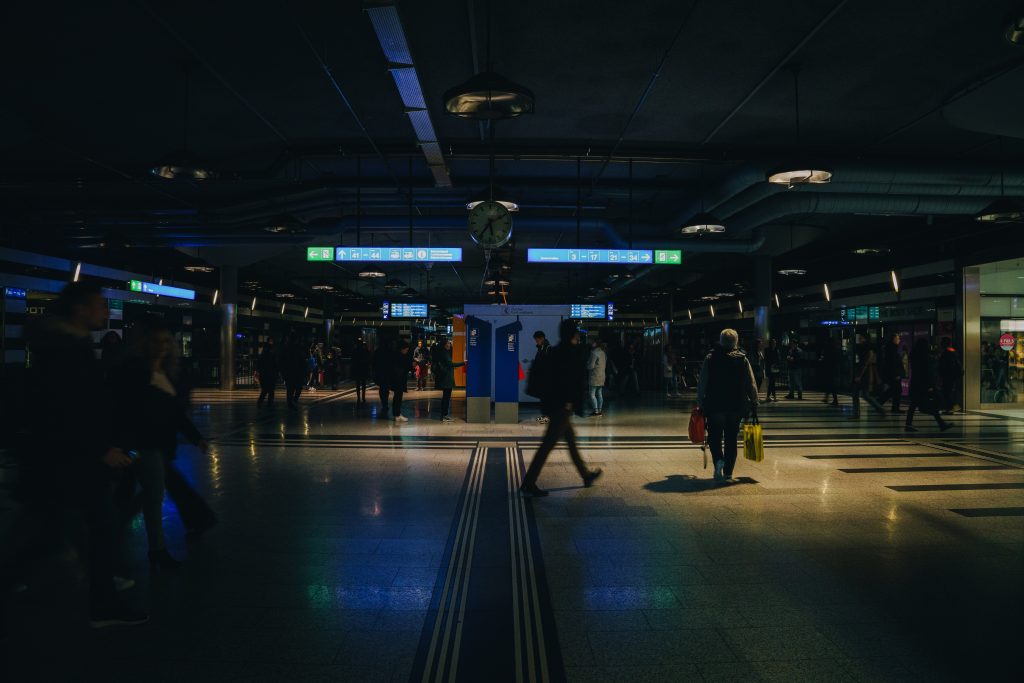Blackout warnings have been issued by the National Grid, with planned nationwide blackouts expected to affect the UK in the coming winter months.
The Chief Executive of the National Grid, John Pettigrew, has warned that the blackouts are likely to take place during “very cold winter weekdays” between 4pm and 7pm and are a consequence of Russia’s war in Ukraine.

How should Landlords respond?
Unexpected blackouts could cause uncertainty and stress amongst tenants, particularly if they do not receive information on the length and frequency of the blackouts. However, when properly prepared, blackouts can be dealt with and both landlords and tenants can avoid major inconvenience.
To make the circumstances as manageable as possible, landlords should take responsibility for properly informing their tenants of the expected upcoming blackouts, and provide useful information on how to prepare.
Tips on how to prepare for the upcoming blackouts:
- Landlords should provide their tenants with updated information on the expected blackouts, including expected times and frequency (where possible).
- Tenants should be advised to locate external batteries available for important devices (phones, laptops etc) ahead of the blackouts.
- Tenants should keep a working torch in an easy to find location in their home.
- Landlords should also consider the additional impact the blackouts may have on tenants who have young children, particularly around mealtimes. Reminding tenants that the expected blackouts may interfere with mealtimes will allow tenants to make alternative plans (such as pre-preparing non-cook meal options, or using a camping stove (for tenants who have a safe outdoor space).
- To avoid panic, tenants can also be reassured that blackouts which only last for a few hours shouldn’t cause any major food safety issues for food kept inside the fridge or freezer. As long as the doors remain closed during the blackout, the fridge and freezer should remain at a cold enough temperature that the tenant’s food quality is not compromised.
- Finally, due to the blackouts taking place during cold winter evenings, landlords can remind tenants to have alternative means of keeping warm available in the case that the temperature in their home drops significantly during the blackout. (Such as extra blankets and warm clothing).
If tenants are well-informed of the upcoming blackouts and receive guidance on how to prepare, these planned blackouts shouldn’t cause any major inconveniences for either landlords or tenants. However, we advise following related news stories as more information is released in regards to the planned times and frequencies of these blackouts.